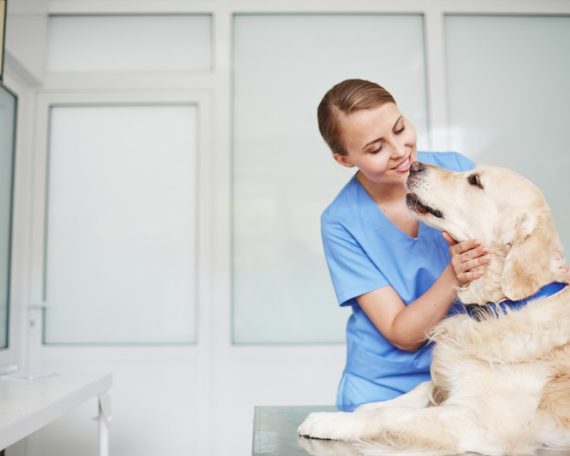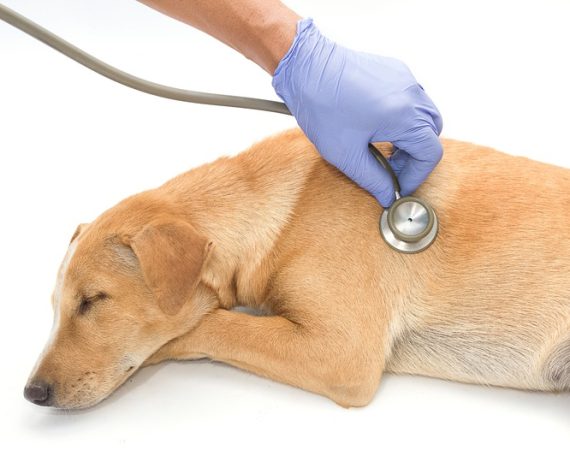What Role Do Vet Labs Play in Pet Trauma Cases?
When our furry friends fall victim to accidents or sudden illnesses, it can be a massive stress not just for them, but for us as pet owners too. We’re often left in a whirlwind of panic and questions. How serious is it? What treatment will they need? That’s where veterinary labs come into play. Far beyond just a place for routine check-ups and vaccinations, vet labs are critical in the emergency care and ongoing treatment of pet trauma cases. Let’s unravel the somewhat invisible but immensely crucial role these labs play in our pets’ most critical moments.
First Responders in a Crisis
Think of vet labs as the medical detectives in an episode of a pet’s life where everything seems to hang in the balance. When every second counts, urgent care for your pets becomes the focus, and vet labs are often the first port of call once you rush through the veterinary clinic doors.
The Diagnostic Arsenal
Labs equipped with state-of-the-art technology can tell vets what’s wrong with your pet faster than ever before. Bloodwork, X-rays, ultrasounds – these aren’t just fancy terms; they’re lifesavers. From revealing internal injuries to diagnosing blood loss or infections, these facilities offer a window into your pet’s condition that can’t be seen with the naked eye.
Time is Tissue
In trauma, there’s a saying, “Time is tissue.” From the moment of injury or onset of illness, the body’s cells begin to suffer and die. Quick and accurate diagnosis means faster treatment from professionals at a veterinary in Lacey, which enables a speedy recovery and reliable diagnosis. Speed coupled with reliability can make the difference between a full recovery and long-term health issues—or worse.
Taking a Closer Look
Let’s break down what happens once your pet arrives at a vet lab:
-
Blood Tests: These are the go-to tools to assess organ function blood cell counts, and to detect infections or diseases. They’re like taking a peek under the hood of your car, but instead, it’s for your pet’s health.
-
Imaging: Whether it’s an X-ray to check for broken bones or an MRI to look at soft tissues, imaging helps pinpoint the issue without a single incision.
-
Biopsies: Sometimes, vets need to take a small sample of tissue to get to the bottom of what’s affecting your pet. To put it simply, they’re looking for clues at a microscopic level.
All these are puzzle pieces of your pet’s health picture, which vets put together to form a diagnosable image. This, in turn, guides the treatment plan.
Behind the Scenes Heroes
While your vet is the face you’ll talk to, there’s a whole team behind the scenes. Vet techs, lab technicians, and other specialists who wield the pipettes and microscopes are key players. They work with meticulous precision and care, understanding the urgency that pet trauma cases demand.
-
Fight or Flight Chemistry: Our pets, much like us, have a ‘fight or flight’ response. When trauma hits, their bodies release a cascade of stress hormones. Lab tests can assess these levels, providing clues about the severity of trauma and informing the course of medication or surgery required.
-
Matching Meds to the Mayhem: Another piece of the puzzle is the veterinary pharmacy lab. Here, the right medications are identified and dosed to perfection. They ensure that whatever treatment plan is put in place, it’s backed by the accurate concoction of meds needed for your pet’s particular situation.
-
After the Initial Storm: Following the urgent response, vet labs continue to play a crucial role in monitoring recovery. Repeat tests may be needed to track the healing process or adjust medications. It’s about fine-tuning the response to pave the way for a bounce back to good health.
-
The Road to Recovery: Managing pain, preventing infections, and promoting healing are all part of the post-trauma journey. Lab work might not be as frantic as that initial crisis response, but it remains just as vital. Regular check-ins with the lab can ensure a pet’s path to recovery is steady and safe.
Education and Prevention
Beyond the immediate response, vet labs contribute significantly to the broader knowledge of pet health care. Research conducted in these facilities can lead to better trauma prevention strategies and educate pet owners on signs to watch for and how to respond effectively.
Learning for the Future
Each case that goes through the lab adds to a library of knowledge. What’s learned can improve treatments and outcomes for future four-legged patients. It’s part of a cycle of learning and improving that’s central to the veterinary profession.
Final Thoughts
Dealing with an injured pet can be incredibly stressful. However, there’s reassurance in knowing local vet labs with their advanced technology and skilled staff are ready to help. These vital players in pet healthcare perform essential diagnostics and treatments to aid our pets’ recovery. They may work quietly behind the scenes, but their impact is tremendous. They offer us comfort, knowing our furry friends are in good hands. Vet labs and their teams are key in helping our pets recover. Next time your pet needs a vet, remember these lab heroes are crucial in restoring your pet’s health.











